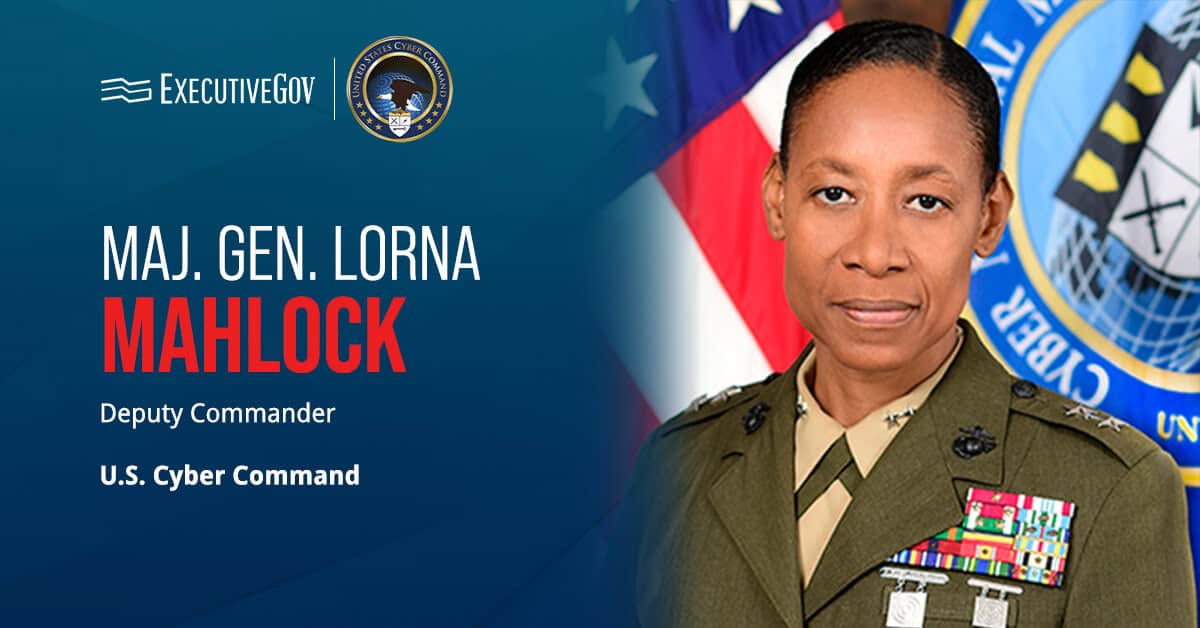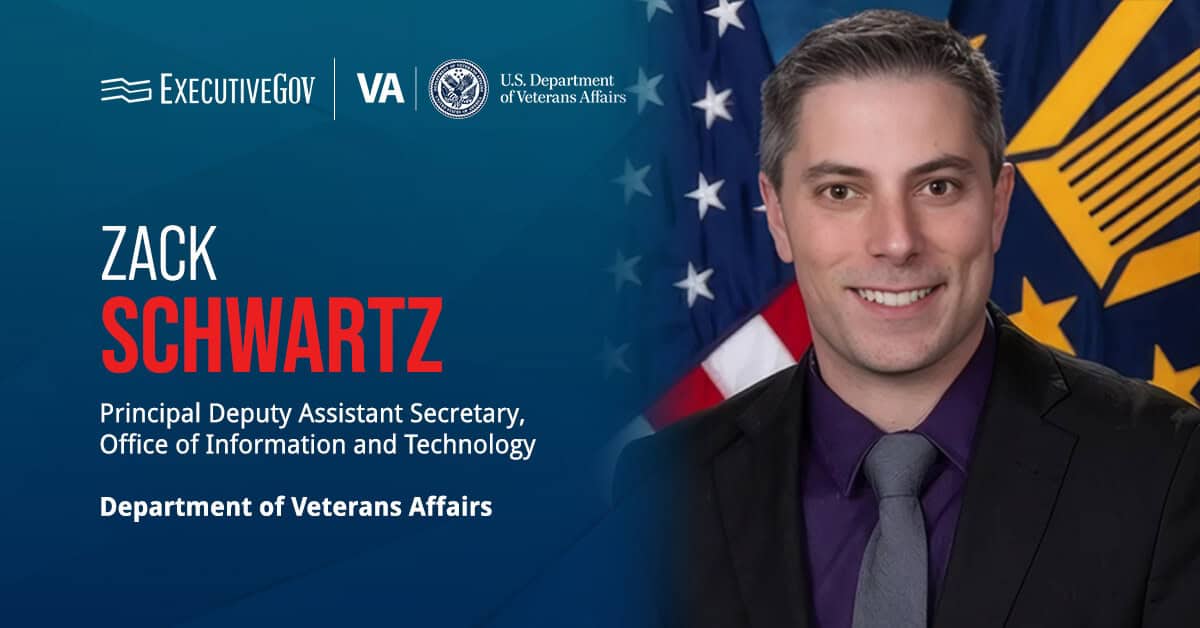The Defense Innovation Unit is seeking potential sources of a tactical defensive cyber operations infrastructure designed to enable warfighters to detect and mitigate digital threats.
DIU said it seeks to develop a platform capable of allowing service members to scan cyberthreats, log management and monitoring data and monitor network devices.
The proposed DCO system must support the aggregation, storing and tagging of relevant data for future analysis, generate analytical reports and work with other cybersecurity tools including endpoint detection and response products.
DIU also envisions the platform to deploy automatically to existing hardware, identify multiple cyberthreats, mitigate and prevent adversarial actions and allow remote defenders to assist cyber operations.
Responses to the area of interest solicitation are due Oct. 13.





